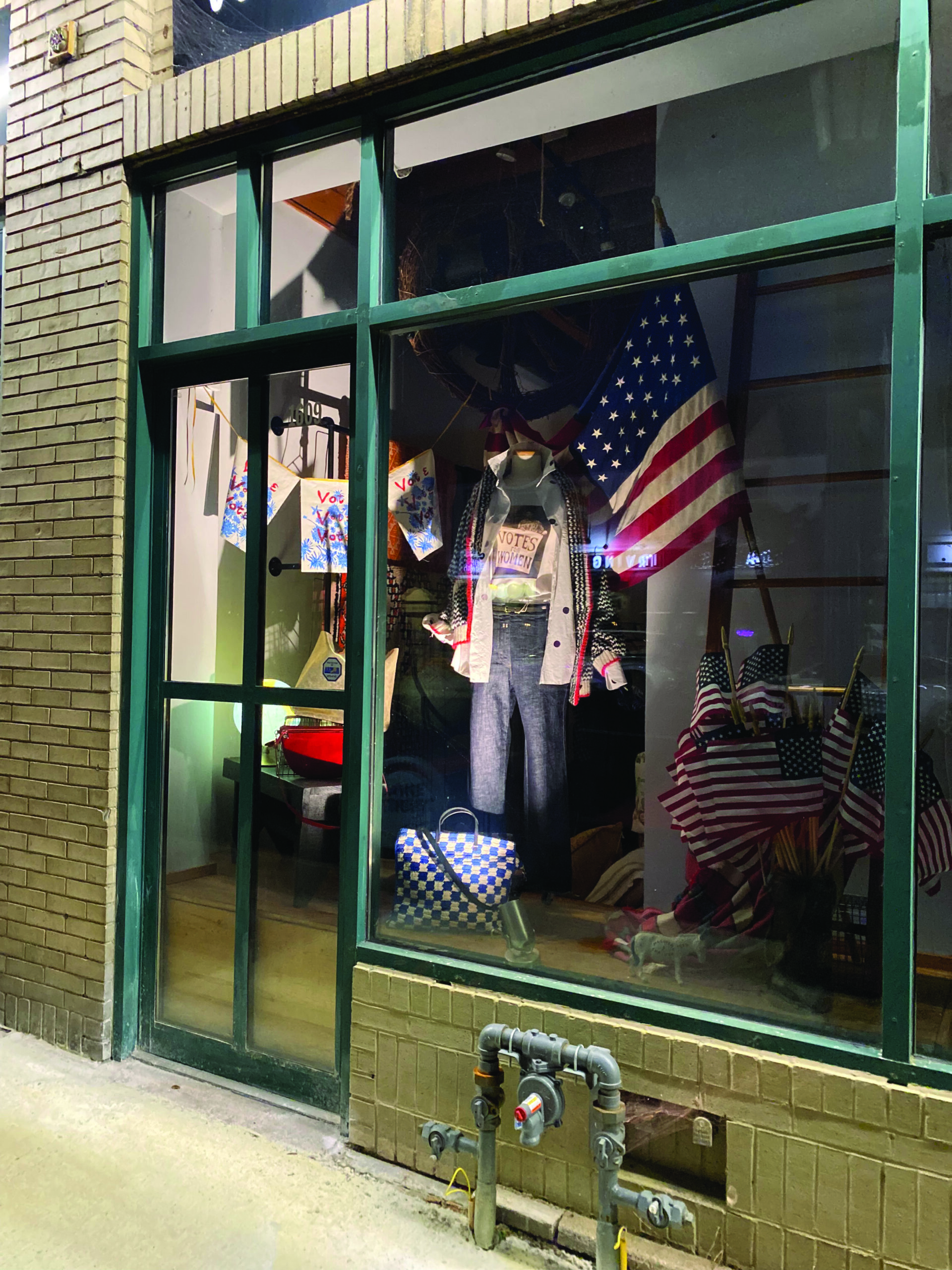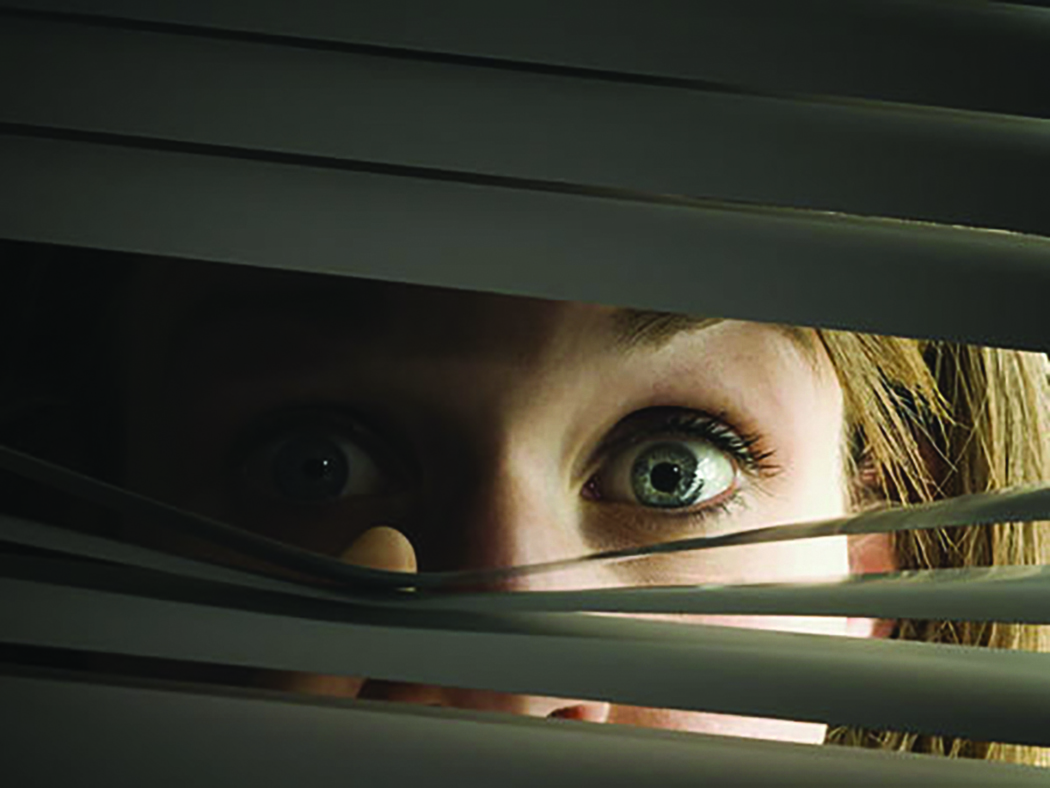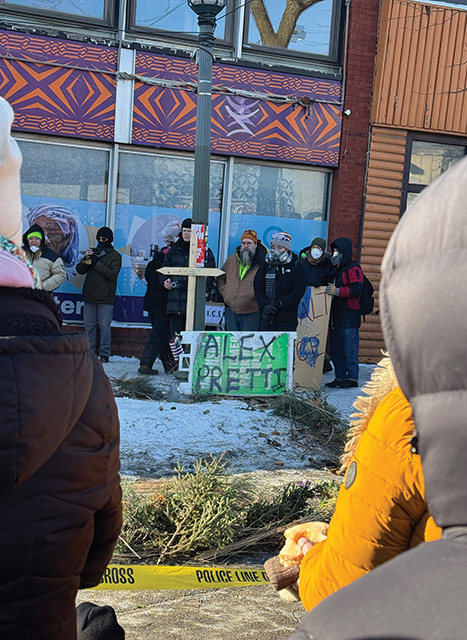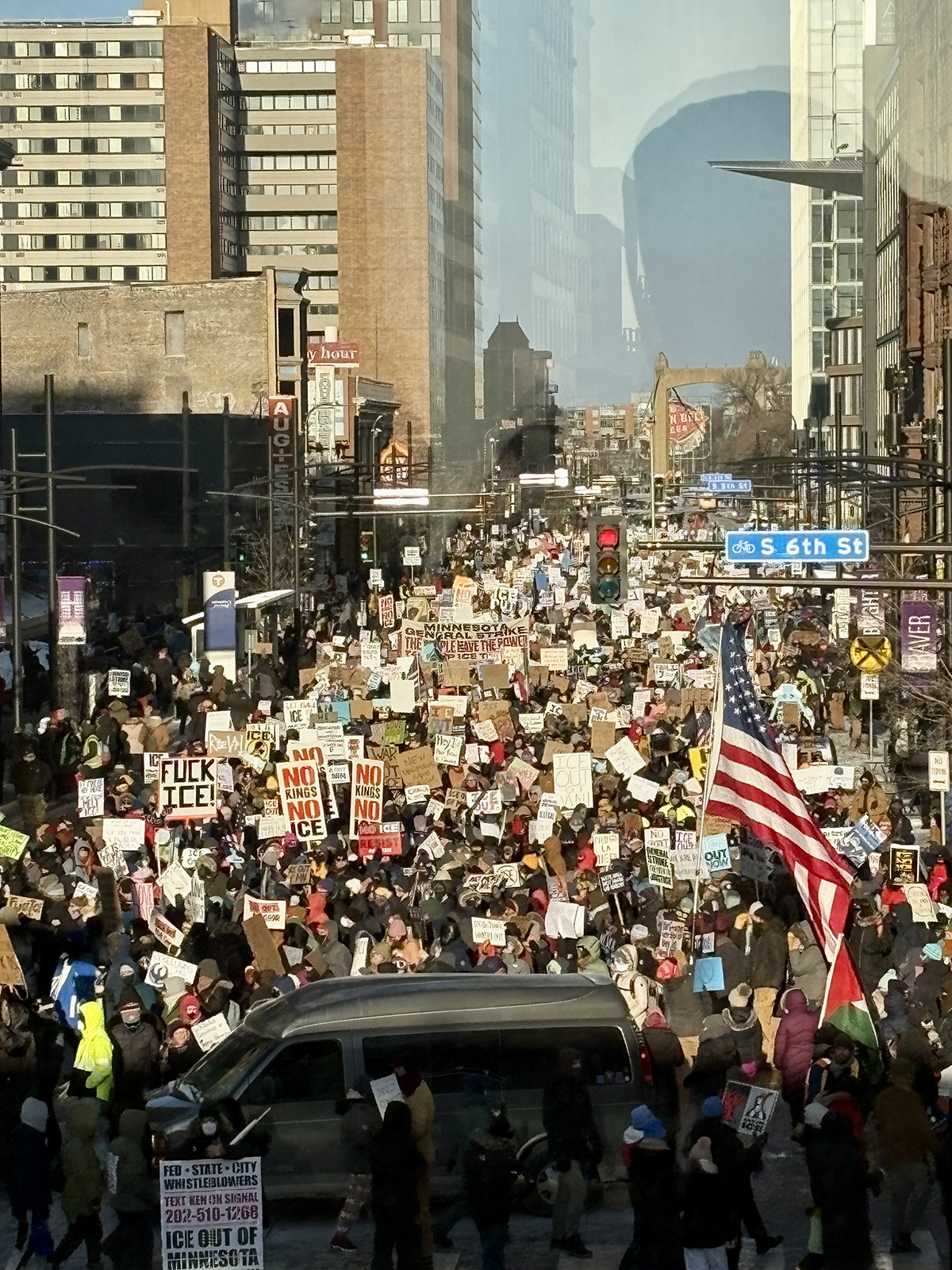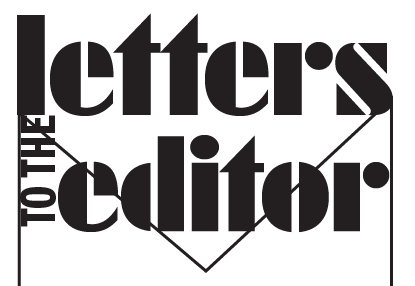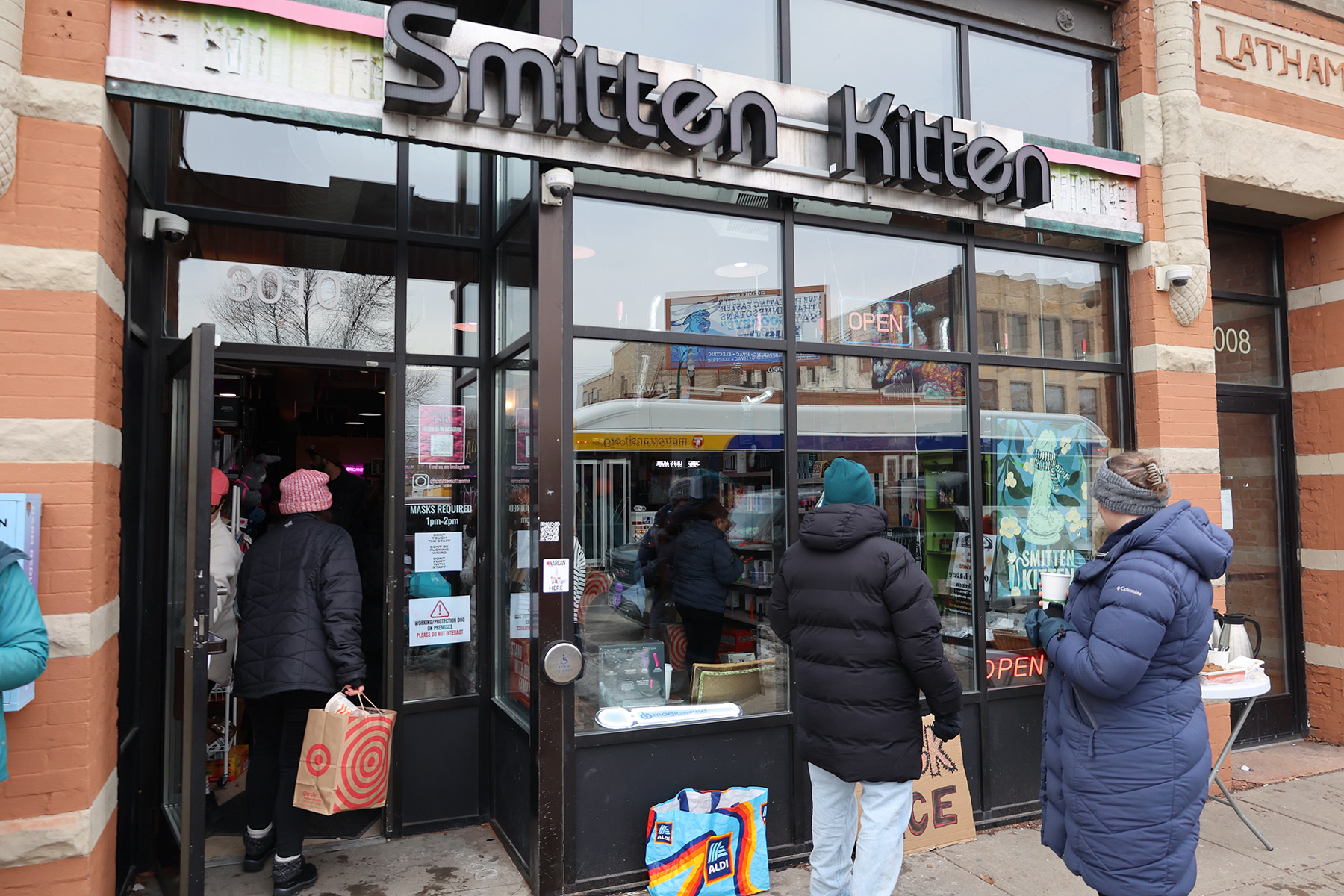Evelyn Turner, Election Day is about more than filling out a ballot. It’s an opportunity to help strengthen democracy. For more than a decade, Nichols and Turner have served as election judges in Minneapolis, facilitating safe, orderly and secure voting. So on November 5, you’ll once again find them checking people in, helping with registration, and doing everything they can to ensure the right to vote. For Nichols, there’s no place he’d rather be.
“All my life, in one role or another, I’ve worked to give back to the community,” he said. “So when I retired, I thought, ‘Here’s another thing that is essential to our country that I can participate in and help with.’ And once I did it, I liked it.”
Being an election judge is not a role to be taken lightly. Judges need to go through a certification process every year. Nichols and Turner undergo extra training to serve as poll book and registration specialists. This gives them the expertise to properly check people in, make sure they are registered, or help them register on-site if they are eligible to vote.
“It’s nice because we have same-day registration in Minnesota, and we typically get quite a few people who register that day,” said Turner. “We have to be ready to point people in the right direction… younger voters, maybe people who just moved into a new apartment, or people who don’t understand the registration process. It can be confusing, but if they are legal voters, we want to do what we can to help them get it done.”
Rules prohibit spouses from working as election judges in the same polling place, so while Nichols serves in his Kenwood precinct, Turner travels to surrounding locations where she is needed.
Their Election Day starts early and ends late. They arrive at 6 a.m. to get everything organized before the polls open an hour later. This includes activating the iPads that contain the voter rolls, organizing the ballots and setting up the booths and machines. Once the polls close at 8 p.m., the judges’ work continues as they cross-check and tabulate all the votes to make sure everything is accurate and every vote counts. Nichols and Turner usually don’t get home until 9:30 that night, but they say the long day is worth it.
“There’s an election judge oath that we take, pledging to enable people to vote and for us to be fair, non-partisan, and to follow the law,” said Nichols. “I’m impressed that I can trust the election process, having been through it from an election judge's point of view. The workers at the polling place are all committed to working within the law and being impartial in their duties.”
To promote fairness, each precinct must have election judges who equally represent the two major parties. If there is concern about voter eligibility or if someone needs help filling out their ballot, judges from each party work together to help. If there are questions or concerns, there is a hotline to call for answers.
Nichols says Minnesotans should have faith in the election process because everything is spelled out clearly and the processes are in place to ensure accuracy. “There are lots of checks and balances,” he said. “The whole election could be replayed if we had to. Everyone votes on paper. The paper is saved. Everything can be recounted using the machine or by hand.”
While there have been reports of election judges in some parts of the country feeling threatened or pressured by partisan conflicts, Nichols says his experience has been nothing but positive.
“The atmosphere hasn’t changed,” he said. “Things are run well, and we have such good processes. People might have questions or get frustrated, but they know we’re there to help.”
For Turner, the most difficult part of being an election judge is when people who really want to vote aren’t registered and don’t bring the right information to register on site. She encourages everyone, no matter how many times they have voted before, to verify their registration status on the Secretary of State website in advance of Election Day. If you’re registered in advance, all you need to do is show up at your polling place, give them your name and vote. If you are not registered, be sure to bring a photo ID and proof of residency, such as a utility bill or bank statement, that shows your current address. If you don’t have a printed bank statement, pulling it up on your phone can work as well.
“It’s inspiring to see the first-time voters, young people, or maybe people who just haven’t felt compelled to vote before,” said Turner. “If I can help someone get their voice heard, that’s a good day. After all, democracy rests on the vote. If elections aren’t free, then we aren’t free.”
Nichols agrees that welcoming people in and helping them participate is the most rewarding part of the election judge job.
“I will do everything I can, within the law, to help you vote,” he said. “People work so hard with us to exercise their right, so we want to do everything we can for them. And when they get to cast their ballot, many of them say ‘thank you’ and they appreciate that we are there, treating everyone the same, and meeting everyone’s needs to help.”
This will be Nichols’ 19th election serving as an election judge. For Turner, this will be number 17. While they’re usually too tired to watch the returns when they get home on Election Night, the exhaustion never dulls their passion for democracy.
Nichols says, “We always vote. Every election. Always.”
So once again this year, they will do everything they can to help others fulfill their civic duty as well, as Americans write the next chapter of history.
